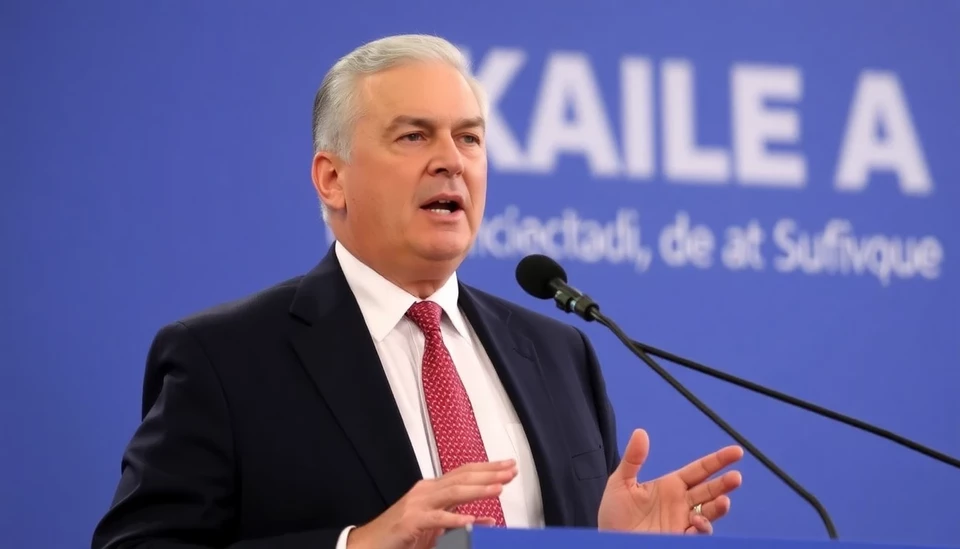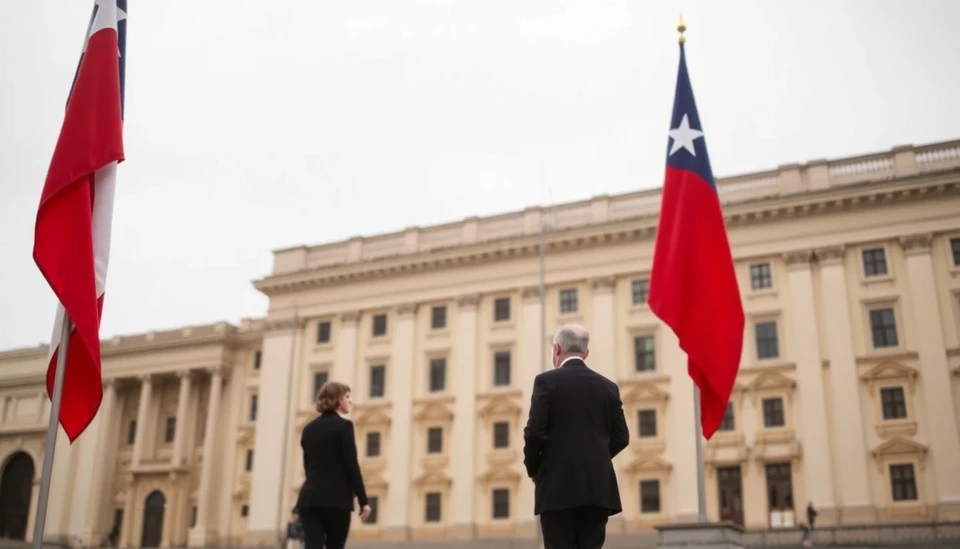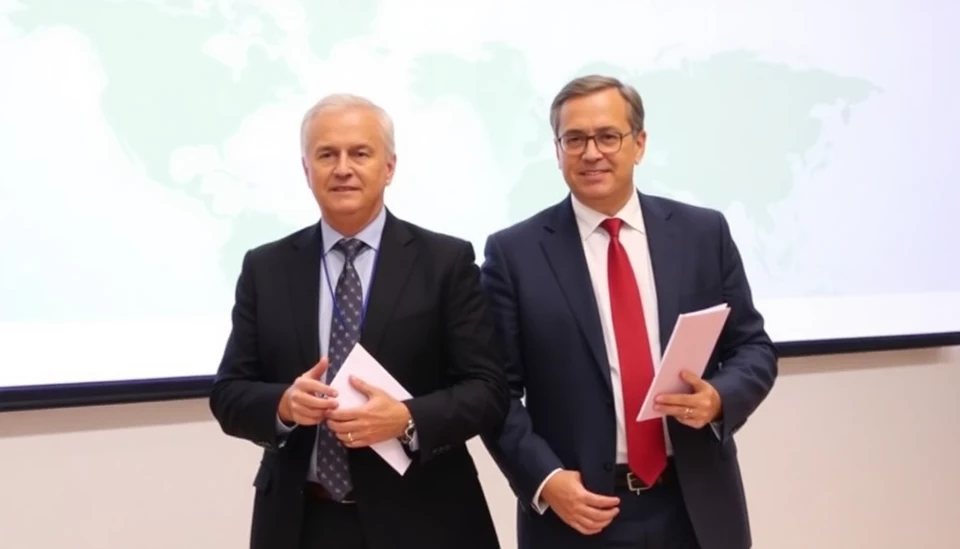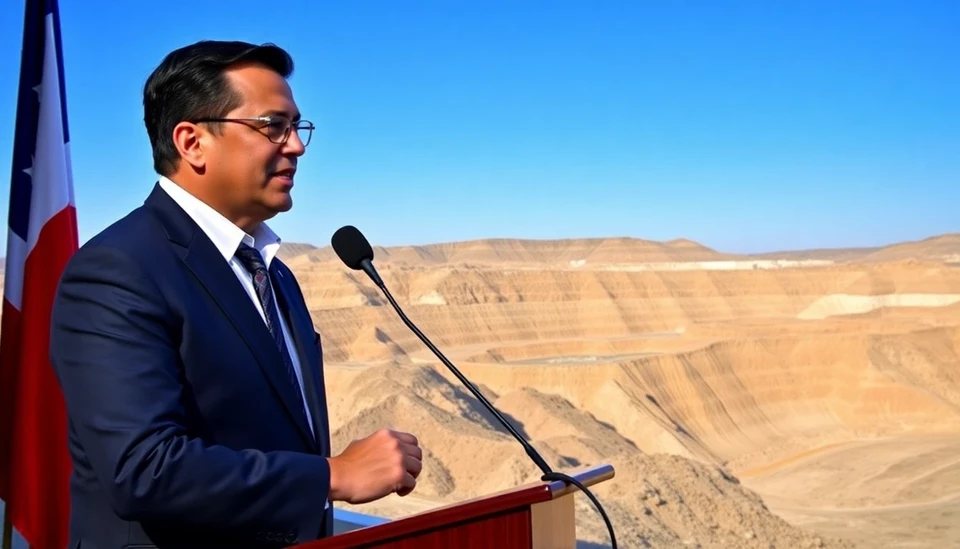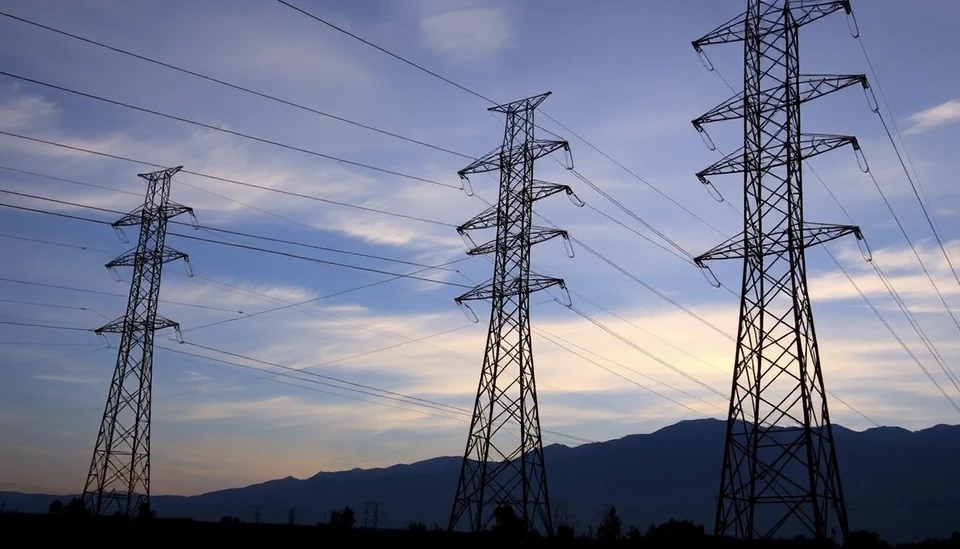
In a startling economic development, Chile has seen a notable acceleration in its inflation rates, primarily fueled by a significant jump in electricity tariffs. Recent data indicates that the annual inflation rate climbed to 6.4% in October, marking an increase from the 5.7% recorded in the previous month. This uptick has necessitated a reevaluation of economic forecasts and policy adjustments as the government grapples with rising costs and their implications for the consumer market.
The National Institute of Statistics (INE) attributed the inflationary pressure largely to a staggering 12.8% increase in electricity prices, which represent the most significant hike in utility costs in several years. The surge in electricity expenses has not only impacted households but has ripple effects across various sectors, contributing to higher costs for businesses that rely heavily on energy for production and operations.
In addition to electricity, the report indicated that other factors, including increased prices for food and housing, also played a critical role in the inflation spike. Specifically, essential food items such as bread and meat saw substantial price increases that further burdened consumers already facing heightened living costs.
The Chilean government has expressed concern over the implications of this inflation surge, as it threatens to erode the purchasing power of households and potentially stifle economic growth. In response, policymakers are actively seeking solutions to mitigate these inflationary pressures. Discussions have centered around adjusting price controls and exploring ways to subsidize costs for vulnerable populations affected by escalating utility prices.
Economists are closely monitoring the situation, emphasizing the need for careful management in order to balance inflationary pressures while maintaining economic stability. There are apprehensions that prolonged inflation could lead to a tightening of monetary policy by the Central Bank, which has previously aimed at promoting sustainable growth following a turbulent pandemic recovery period.
As the Chilean economy navigates these complex issues, the effects of rising inflation on consumer sentiment and spending behavior will be vital to watch. Analysts anticipate that if inflation continues on this trajectory, it may lead to significant shifts in consumer habits and economic forecasting for the coming year.
In conclusion, Chile's recent inflation acceleration calls for urgent attention from both the government and economic experts. The challenge lies in finding effective strategies to combat inflation while ensuring that the economic recovery remains on a positive trajectory amidst rising energy costs.
#Chile #Inflation #ElectricityTariffs #Economy #PriceHike #CostOfLiving #ConsumerMarket #EconomicPolicy #NationalInstituteOfStatistics
Author: Rachel Greene
